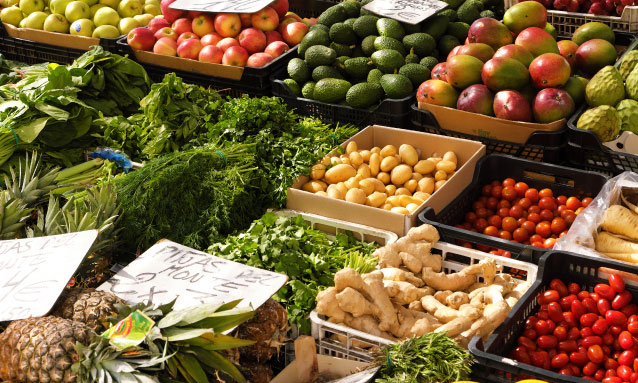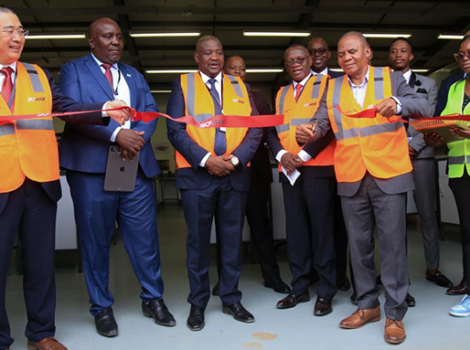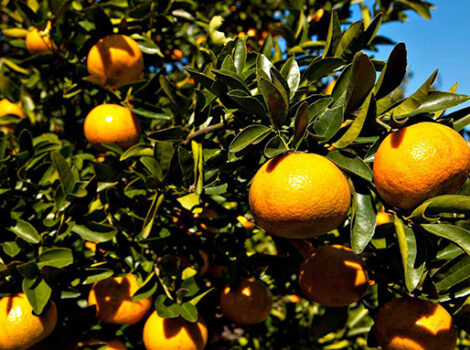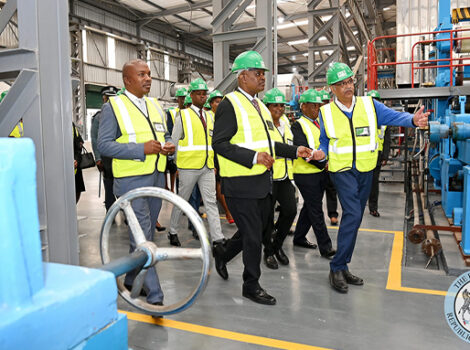
7 November 2024
With Botswana struggling to produce enough food to feed its people, government continues to cook-up new initiatives and programmes aimed at solving the shortage. Despite these efforts, the country continues to rely on imports to supplement the deficit – as Voice Money reported during the week of October 14-18, 2024.
The issue was centre stage again last Wednesday as the World Food Day was celebrated across the planet under the theme ‘Right to Foods for a Better Life and a Better Future’, with focus on the need for substantial investments in food security and nutrition.
In his message to mark the global initiative, which dates back to 1979, Minister of Agriculture, Fidelis Molao assured the nation government is fully focused on making Botswana as self-sufficient as possible.
Highlighting a number of schemes to prove his point, Molao mentioned the Impact Accelerated Subsidy (IAS), introduced to help horticulture production by subsidising the purchasing of critical farming packages. This came in the wake of import restrictions on certain vegetables, such as cabbage, green peppers, onion, potatoes, carrots, tomatoes and beetroots.
To date 1, 620 farmers had been assisted with a collective amount of P133 million under the programme.
“The programme has enabled adoption of climate smart farming through the use of protected cultivation structures that were provided for.
Import restrictions on targeted horticulture commodities have been introduced to promote market access for local production,” mentioned Molao.
Since the import ban at the start of 2022, production of fresh produce has grown slightly, up from around 60, 000 tonnes to 88, 600 tonnes in 2023/24.
“World Food Day ensures nutritious diets and food security across the globe. It is indisputable that Batswana have taken food production seriously, playing a big role in food security as evidenced by their ability to produce and supply food within the country,” continued the Minister, adding programmes such as Temo Letlotlo and Thuo Letlotlo have huge potential to help achieve food security.
To date, 111, 967 farmers have registered for Temo Letlotlo, which mostly focuses on production of cereals such as sorghum, maize and legumes such as cow peas. The programme has paid out P589 million since its launch last October. 41, 808 e-vouchers were issued to micro scale farmers to procure seeds and tillage services covering 137, 658 hectares, while 10, 928 micro scale farmers were issued 85, 262 bags of free fertilisers.
In the face of the devastating drought that continues to ravage the country, cereal production for the 2023/24 cropping season stood at around 21, 000 tonnes. This satisfies just 7% of the national cereal demand of 300, 000 tonnes. The livestock sector is not to be left behind, having contributed to food security at household, national, regional and global levels. During the 2022/23 season, the sector produced 69, 000 tonnes of beef, 49, 000 tonnes of poultry meat and 15 million dozen of eggs.
“For other commodities like milk, pork, lamb and cheese, Botswana still relies on imports to meet its national demand,” said Molao.
Source: https://thevoicebw.com/molao-reflects-on-botswanas-battle-for-food-security/



